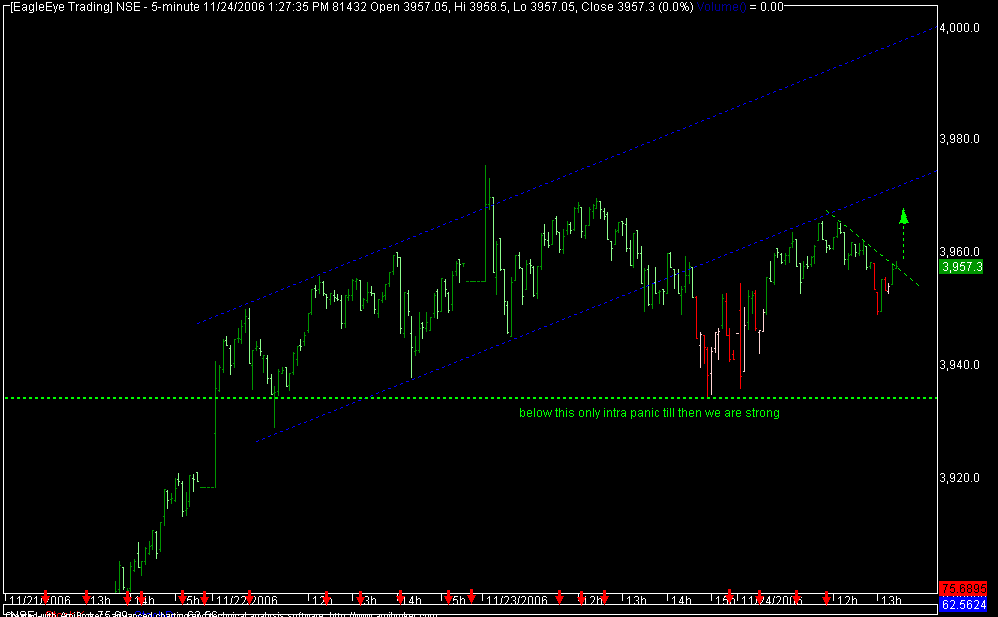 Know how to manage the risk taken in stock trading!
Know how to manage the risk taken in stock trading!There are vast differences between traders that are considered professional or amateur. A professional trader will avidly try to control risks and understand his/her risks on a daily basis. A professional trader will always be mindful of risk management before, during and after all trading activities. Qualities that make up a particularly good trader involve two key assessments:
* Risk exposure that will come from every stock trade
* Level of risk they are willing to take
Once a good trader has thoroughly these two key items, they will begin to properly understand the value and profit they could make from a particular trade. A trader who is mindful about his or her risk management will evaluate their position or exposure throughout the trade activities, and if the chosen trade carries a high risk, they will cut down on both in order to control risks on the portfolio.
Many traders use a risk management program that is made up various procedures that are implemented to estimate risks. The methods are set up to obtain the best investment results and they include:
* Quantify
* Estimate
* Control Risk
These are all areas of risk management that should be carefully considered, to quantify your risks and performance a financial analysts will apply these concepts and measure:
* Market Beta (linear regression slope of your portfolio or any single stock)
* Correlation (linear regression correlation of your portfolio)
* Volatility (standard deviation of the daily changes in percent of the portfolio price)
* Return and Risk Ratio (higher return or risk ratios mean better performance)
One very popular area of risk management is called the Value at Risk (VAR) concept. Many of the top investment advisors or trading houses use this concept to measure absolute risks of your portfolio. These are measured in dollars per day. In order to properly implement VAR it requires the person to study the price time series on all stocks within a particular portfolio. Many factors go into calculating the VAR concept, factors such as volatility of every stock, correlation among the entire portfolio, and stability of the relationships historically.
Risk management is only successful if the process begins prior to the start of a trade. Single trade risk management is implemented on a per trade basis. You must access many things before you are able to begin this risk management concept.
* First you must know the amount you are willing to lose prior to trading.
* Then you will need to ensure that the stock is active or sufficiently liquid, this is in case you would want to sell or buy promptly.
* Assess the “Cut Loss level” prior to any trading activity.
* Know the take profit level you are targeting.
* Only buy your stock when it as at the acceptable level of pricing.
* After your trade is confirmed, immediately enter a stop loss at market order with your previously determined level.
* Take your profit immediately when it reaches the profit target you determined.
When you manage your risks using the single trade risk management concept, you will find that your entire portfolio risks are under your control as well. Additionally, there are key areas you will want to assess in managing the risks of your portfolio as a whole, as well.
* Prior to building your portfolio, know the overall tolerance of risk
* Assess the overall level of cut loss, in general your portfolio as a whole should not lose in excess of 20% of the capital
* Maintain diversity with your investments, have at least three varied stocks
* Continually practice Single Trade risk management
* Assess the overall risk and the point where the risk comes
* If your risks limits are exceeded you must act quickly
* If your losses meet your overall stop loss level, it is time to close the entire portfolio



